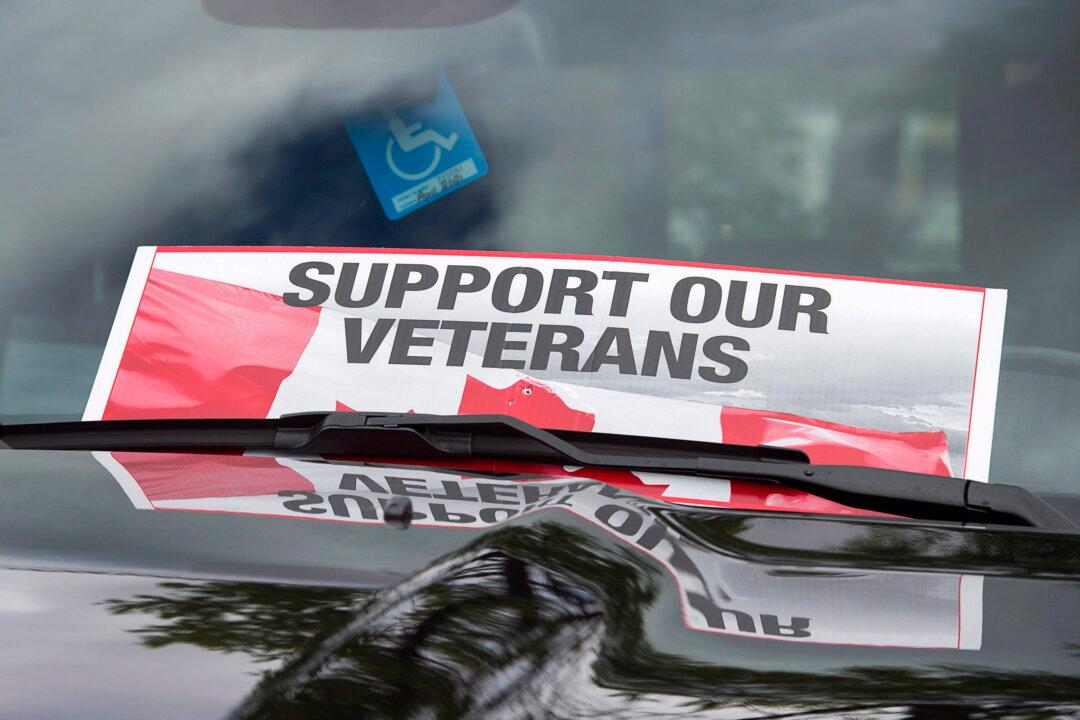A federal program providing emergency relief to destitute veterans and their families went over budget by 53 percent last year, according to a government briefing note.
Since its inception in April 2018, the Veterans Emergency Fund (VEF) has received $1 million in annual funding. In 2023, the actual payout reached $1.53 million, as reported in the May 8 briefing note first obtained by Blacklock’s Reporter.





